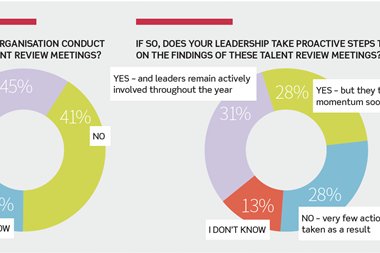Ipsos Mori poll of business leaders reveals two in three think travel has gotten more dangerous
Most business leaders think their security risk for business travel has gone up in the past year, an Ipsos Mori research poll has reported.
Some 63% of business decision-makers perceived travel risks to have increased in the past year, while this softens the curve from the 72% who thought the same last year, according to the Ipsos Mori Global Business Resilience Trends Watch 2018 survey.
Security threats and natural disasters were the leading drivers of changes to travel plans, cited by 58% and 43% of respondents respectively, according to the study, which was carried out in collaboration with security advisories International SOS and Control Risks.
Safety concerns increased most in the US with over three in four (78%) business leaders saying travel has become riskier over the last year, in comparison with three in five (59%) in Europe.
In direct contrast, in Africa and the Middle East, just over half (51%) of respondents thought travel has become safer in the last year.
A majority of business leaders said educating employees (53%) was the top challenge they faced when protecting their employees from travel risks.
Putting a robust travel risk mitigation programme in place would offer improved business resilience, the researchers suggested.
Rob Walker, security expert at International SOS & Control Risks, said: “Success in future global mobility programmes will be those that include consideration of the changing demographic of the mobile workforce and new marketplace dynamics, including the increase in use of shared economy services.
“The immediate obvious risks, such as the recent hurricanes and unforeseeable security incidents, will see organisations scrutinised in terms of preventative measures and recovery,” said Walker.
Some 9% of respondents had updated sustainability programme to include travel risk programme.
One in ten had introduced a wellbeing policy; 13% said their firm monitored numbers of road traffic incidents; 14% had updated their travel risk policy to include diversity-related issues; while had implemented a programme to educate employees about health issues while away on business.
The most frequent step taken in response to travel health and security concerns is the introduction of pre-trip and during trip emails, with 39% of decision makers reporting to have introduced this in 2017.
Doug Quarry, medical director of information and analysis at International SOS, said: “A staggering 91% of organisations have potentially not included their travel risk programme in their overall business sustainability programme and 90% are seemingly ignoring the impact a wellbeing policy could have on their travelling workforce.
“This is despite an increasing understanding of how these techniques can impact within the context of the GRI Index,” Quarry added.




















No comments yet